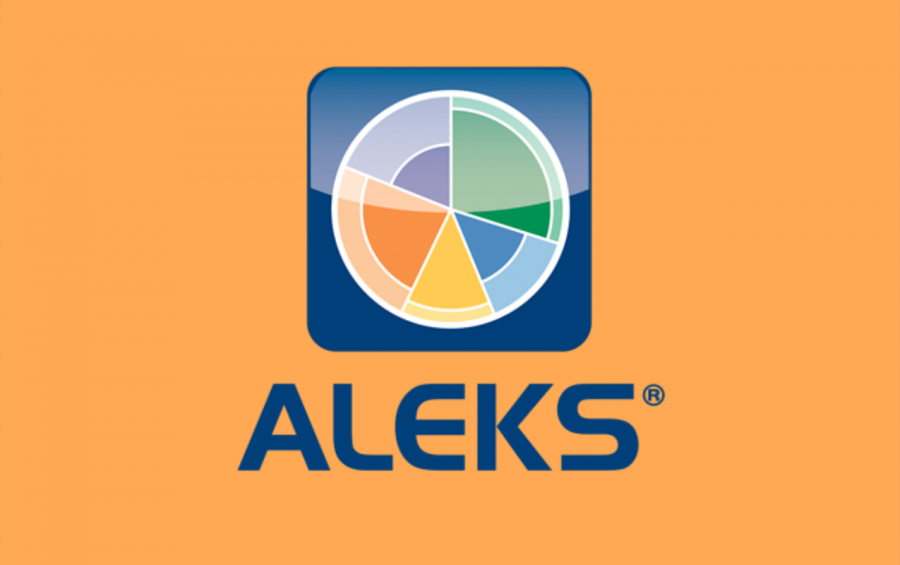The online program Assessment and Learning in Knowledge Spaces describes itself as a “web-based educational environment,” as per its official website, and clearly has talented minds behind it. At its core, the system allows students to learn much more than from a textbook. While the program can be used for Accounting, Statistics, and Chemistry, District 158 tends to use it only for mathematics. Various tools the student can use are quick “get ahead” courses, homework check-ins, and quizzes, among others.
On paper, it sounds like a great idea: a learning system that can grade and give feedback to students the minute they turn in an assignment.
In reality, however, this is far from the truth.
Arguably the most grating of all the negatives, ALEKS occasionally bombards the user with “Knowledge Checks,” blocking all progress a student has made and forcing them to complete a 20-question assignment. On their own, they’re not particularly bad, but when you’re trying to complete a quiz that’s due the following night…? This can be easily solved by coding it so that Knowledge Checks are only given when a student has no other assignments in progress, which is such a basic solution it’s baffling the developers haven’t implemented it already.
Another important factor ALEKS tends to overlook is that not every student has immediate access to Wi-Fi. Gone are the days where you can crack open a textbook and write on a sheet of notebook paper: now you have to make sure you’re sitting next to a router if you want the site’s speed to be remotely close to functioning.
Put simply, the site breeds frustration. It’s essentially up to a coin toss if any tool or function will work as it’s supposed to; some are smooth and easy, others are completely unusable. ALEKS feels like it’s in the beta stages of its development rather than a finished product… much less a program that schools should be using on a day-to-day basis.
Unlike textbooks, the teacher can end up just as in the dark as the student. And you can’t necessarily blame them for it.



Sam • Jan 19, 2021 at 10:15 pm
I know I’m 2 years late to this, but from the sounds of it, aleks has improved a lot since its early days. I used it about 7 years ago in its early stages (the logo was still a weird moose thing) and the biggest issue is after getting a single question wrong (it would count x as wrong if it wanted X as the answer), you would be forced to do an additional 3 or so questions correctly to move on. If you struggled with a topic you’d end up needing a whole lot of questions answered correctly in a row in order to move on. Not that I wasn’t studious, but lord did the website take up a lot of my time. I still look back on it now
Lightswitch Control • Mar 18, 2019 at 10:41 am
You’re right, the whole Aleks program is essentially nothing but a time waster. It’s what happens when you let a naggy out of touch with the times or out of touch with reality baby boomer math teacher go digital and there’s probably some sort of non disclosure agreement where teachers or professors get a cut to pretend like the whole program is supposed to make the learning much more simple when it’s really just a out of touch with the times naggy baby boomer in digital format.